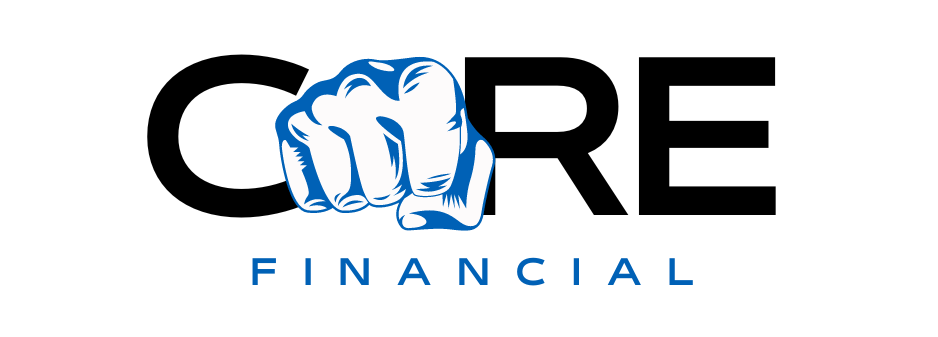Five Fundamental Components When Building A Budget
As a serial entrepreneur, I know firsthand that budgeting is the cornerstone of financial health for any business. Building a solid budget not only ensures sustainability but also paves the way for growth and success. But let’s be honest—if you find this topic a bit dry, we’ve got you covered! That’s why we’ve added pictures of adorable dogs throughout, because who doesn’t love dogs?!
Here are the five fundamental components to consider when crafting your business budget:

Accurately Estimate Your Income
But don’t count your chickens before they hatch! Start by understanding all the streams of revenue, which includes sales, service fees, and any other income relevant to your business. By analyzing past financial data and current market trends, you’ll be able to make informed projections that reflect potential earnings, to plan accordingly and avoid financial stress.
Estimate Your Expenses
Identify and categorize your expenses into fixed (e.g., rent, salaries, insurance) and variable (e.g., utilities, marketing, supplies) costs. In the health and wellness industry, it’s important to also consider expenses unique to your field, such as specialized equipment or certifications. Leave room for unexpected expenses so that your business is resilient against any unforeseen financial jolts.


Clearly Define Financial Goals
Having clear financial objectives gives direction and motivation. This could be a percentage increase in revenue, reduced operation costs, or savings towards expansion. Whatever the case may be, defining SMART-specific, measurable, achievable, relevant, time-bound-goals maps out your business’s path to financial success.
Monitor & Adjust Regularly
A budget is a dynamic tool that requires continuous monitoring. Utilize accounting software or spreadsheets to track income and expenses meticulously. Regular reviews help identify trends and deviations, enabling you to make necessary adjustments promptly. This proactive approach ensures your business can adapt to changes and maintain financial stability.


Review & Reassess Regularly
The last basic principle of small business budgeting is the periodic review and revision of your budget. Business environments can change rapidly due to economic changes, shifting market demand, or even new competitors. Keeping ahead of such changes means periodically checking your budget against actual performance.
Try to set up quarterly reviews, showing where your business stands against the budget. This may point out some things that will be helpful in subsequent budgeting. It also allows for an avenue of celebrating achievements and making important amendments that keep your business at its best.
Final Thoughts
Crafting a solid budget isn’t just about crunching numbers—it’s about building a roadmap to financial stability and long-term success. When you take the time to understand your income, accurately estimate expenses, set meaningful financial goals, and regularly monitor and adjust your plan, you create a foundation for your business to thrive, even in a constantly changing marketplace. Budgeting is a commitment, but the rewards of clarity, confidence, and control are well worth the effort.
Looking for a little extra help without the big retainer fees? That’s where the COREconnect Offerings comes in! Our DIY solutions were designed with small business owners, entrepreneurs and solo-preneurs in mind who like to be hands-on with their finances. Whether you’re navigating your first budget or looking to level up your current financial strategy, COREconnect offers affordable tools and resources to help you succeed. With access to expert-led sessions, practical insights, and user-friendly templates, you’ll feel empowered to take charge of your business finances.
Ready to make budgeting work for you? Check out the COREconnect Offerings today!
Best,
Sharrin Fuller






